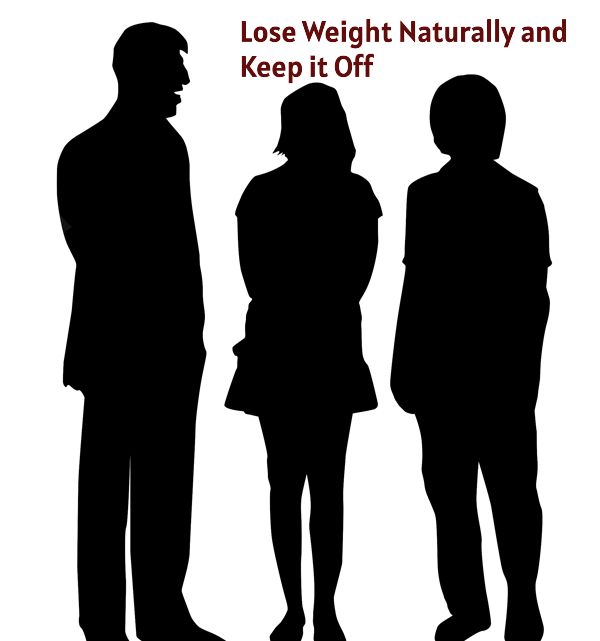How Healthy Is Your Liver?
- Terri Edwards

- Jan 1, 2023
- 4 min read

Our multi-tasking organ
Weighing about 3 pounds, the adult liver is vital to our survival as it plays a role in almost every organ system and performs hundreds of jobs related to processes like metabolism, detoxification, digestion, and immunity (1).
Our bodies can be damaged in various ways, we can be injured accidentally, or when we are exposed to something that harms the body like a toxin, heavy metal, bacterial, viral, fungal infection, or a parasite, and, the liver plays critical roles in healing from many of the damaging agents that we are exposed to each day.
The liver participates in metabolic processes that provide fuel to the body, it is the main detoxification organ that clears toxins from the blood as it detects, captures, and clears bacteria, viruses, and other substances that enter the body, and it aids the digestive process when we eat food (4).
Early signs of a liver problem
Symptoms of a liver problem can go unrecognized for some time, and they will vary depending on the cause of the liver damage (5).
Here are a few common signs that your liver may be struggling (5):
· yellowing of the eyes or skin
· dark urine
· itchy skin
· easily bruised
· persistent fatigue
· swollen ankles, legs, or abdomen
· decreased appetite
The many roles of the liver
Metabolism
The liver stores excess glucose (sugar) as glycogen which can then be used when blood sugar levels drop and energy is needed (2). When liver glycogen stores are used up and the body requires energy the liver activates glucose production from other substances like amino acids to provide the energy needed (2).
Liver cells (hepatocytes) also produce non-essential amino acids, urea which removes ammonia from the body, plasma proteins like albumin, and clotting factors that are necessary for blood coagulation (2) (3).
Many lipoproteins are produced in the liver, as are cholesterol and phospholipids which are vital components of cell structure and are necessary for the production of certain hormones and bile (2).
Detoxification
The liver detoxifies many harmful substances from the body, like waste products that result from normal metabolic processes (ammonia), unhealthy and old cells, bacteria, viruses, parasites, drugs, and toxins like alcohol and pesticides (6).
Lysosomes and biotransformation are used by the liver to rid the body of many of these harmful substances. For example, the liver converts fat-soluble toxins into water-soluble waste products that are then eliminated from the body through detox pathways like the bowels and kidneys (1).

Digestion
The liver produces bile, a fluid that is necessary for the digestive process and helps turn fats into energy for the body (1).
The liver stores nutrients like vitamins and minerals that are used by the body in various metabolic processes. For example, the liver stores vitamin B12 which functions as a cofactor for enzymes that participate in the metabolism of proteins, fats, and short-chain fatty acids (7).
Immunity
A healthy liver protects the immune system from damage and overload. Liver cells (hepatocytes) produce circulating immune proteins, and many immune cells reside in the liver, like macrophages that engulf and destroy pathogens, toxins, and old or damaged cells that could become cancerous, as well as natural killer cells, dendritic cells, eosinophils, and T cells (8).
So, a healthy liver is well equipped to detect, capture, and rid the body of harmful substances and pathogens as it helps to keep these from entering the bloodstream and damaging the body.
Supporting a healthy liver
A healthy, balanced whole foods diet of vegetables, fruits, nuts and seeds, legumes, whole grains, and animal proteins like lean meats, wild-caught fish, and eggs, is the foundational step to providing the necessary nutrients for a healthy liver.
The nutrients found in whole foods are used by the body to build structure, defend against pathogens and toxins that can harm it, and provide us with energy, among other things.
The essential trace mineral selenium, for example, is necessary for fighting infections, vitamin C activation, and proper thyroid function. Selenium is also required for the production of glutathione peroxidase, an enzyme that is necessary for liver detoxification (9). Food sources of selenium include Brazil nuts, halibut, tuna, chicken, ricotta cheese, and sunflower seeds.
Herbs like milk thistle can be used daily to support the liver. Milk thistle contains an active compound called silymarin which has antioxidant, anti-inflammatory, and liver-regenerating and immunomodulating effects (10).
Various B vitamins like riboflavin (B2), niacin (B3), pantothenic acid (B5), folate (B9), and B12 are all necessary nutrients for liver detoxification. B vitamins also play an important role in other metabolic functions like energy production, cell communication, and DNA expression as well as immune function and brain development (11). The B vitamins each have their unique function and can be found in a variety of foods like organ meats, trout, nuts and seeds, mushrooms, legumes, yogurt, chicken, avocados, chickpeas, tuna, potatoes, eggs, and dark leafy greens. It’s important to note here that vitamin B12 is found only in animal products like meat, fish, and dairy.
Consuming a varied whole-food diet can provide a healthy individual with the B vitamins needed each day.
Just as a healthy liver is supported by incorporating whole foods such as those mentioned, equally important is to avoid consuming foods that challenge liver health. Highly processed foods with added sugar, preservatives, and other substances can challenge the detox pathways and lead to an unhealthy liver. High fructose corn syrup, for example, triggers leaky gut and inflammation and encourages fat deposits in the liver that can lead to fatty liver disease (12).




Comments